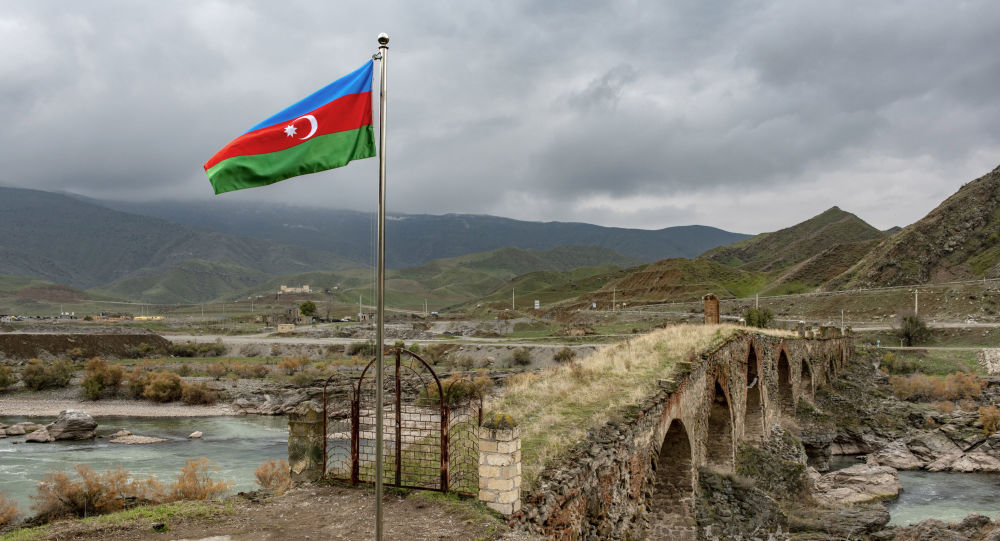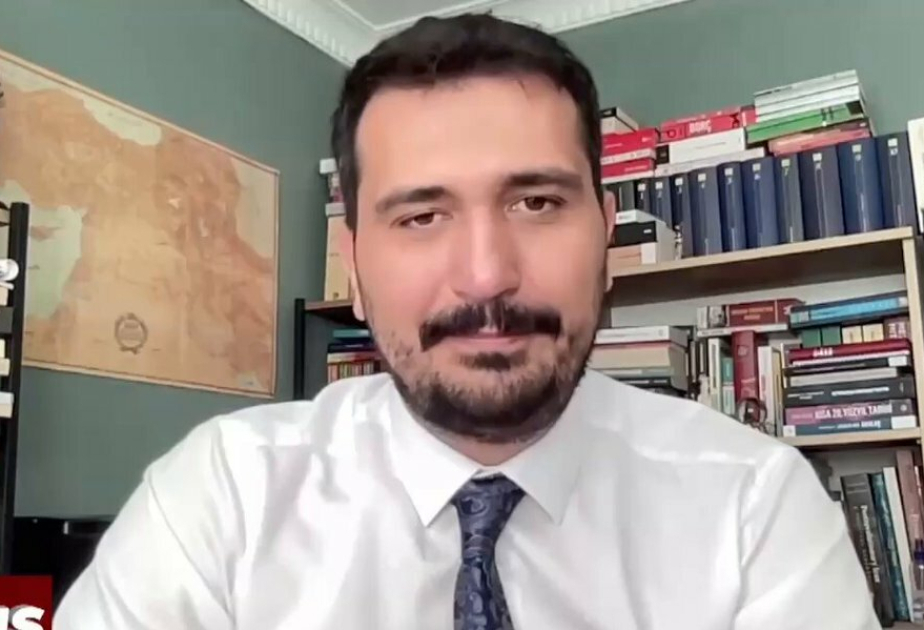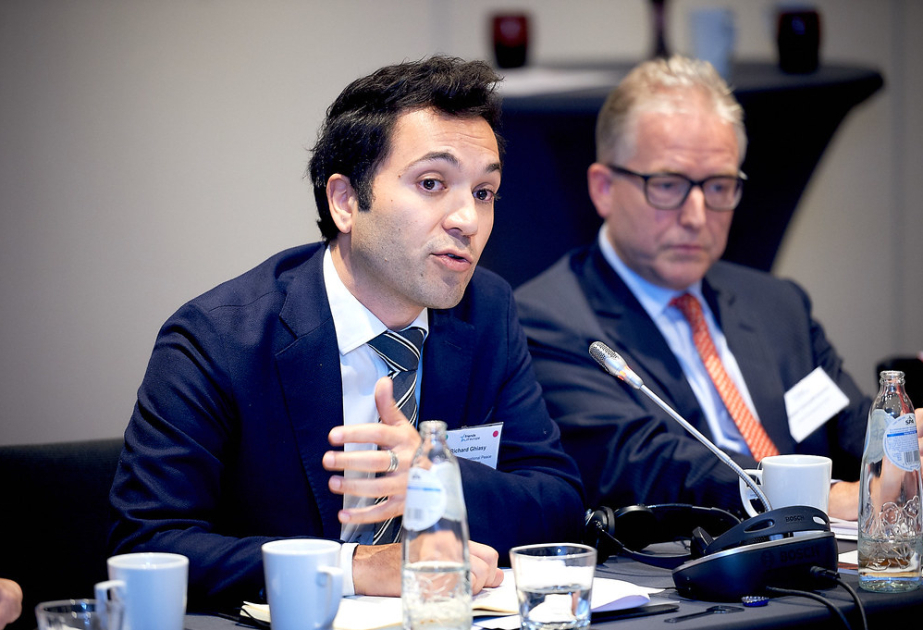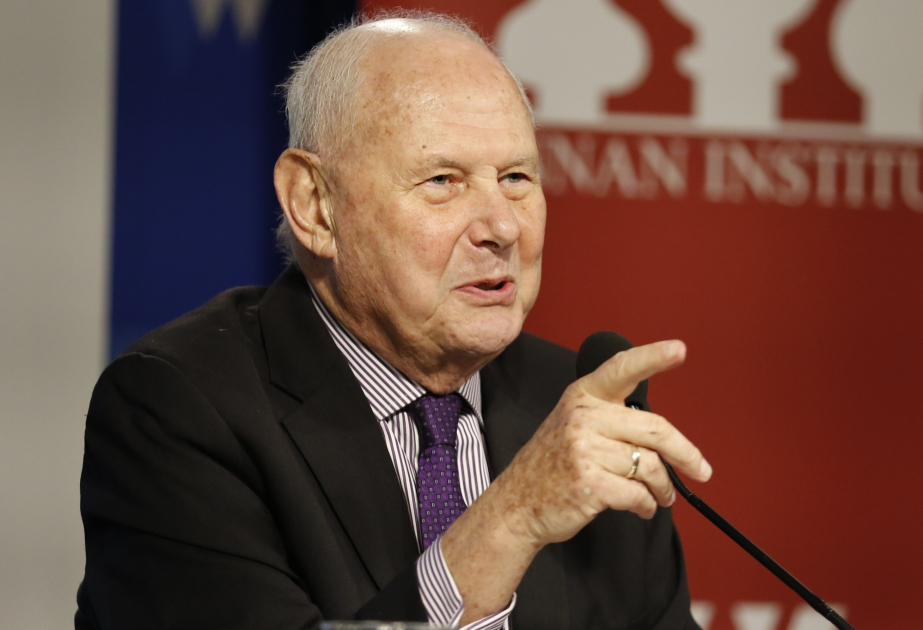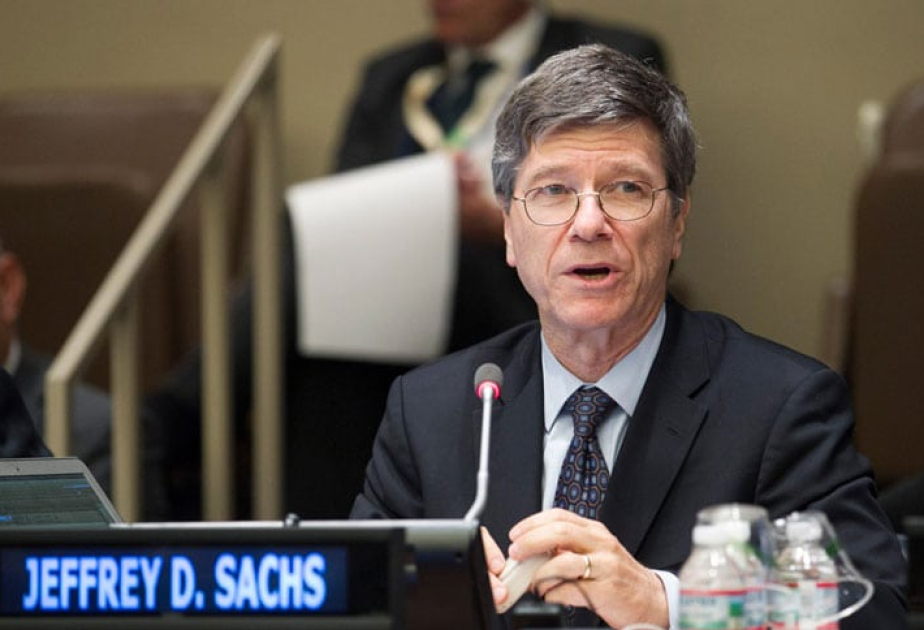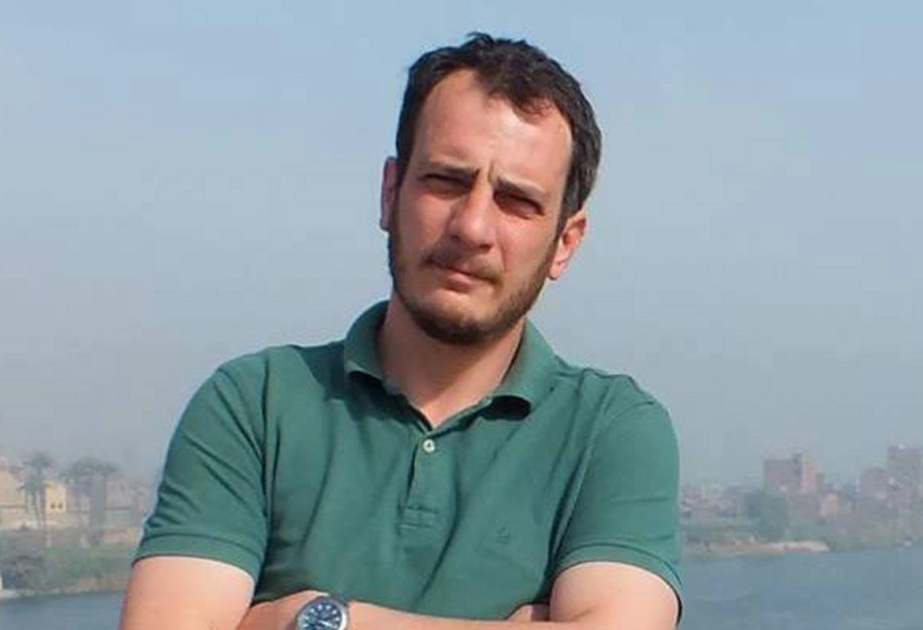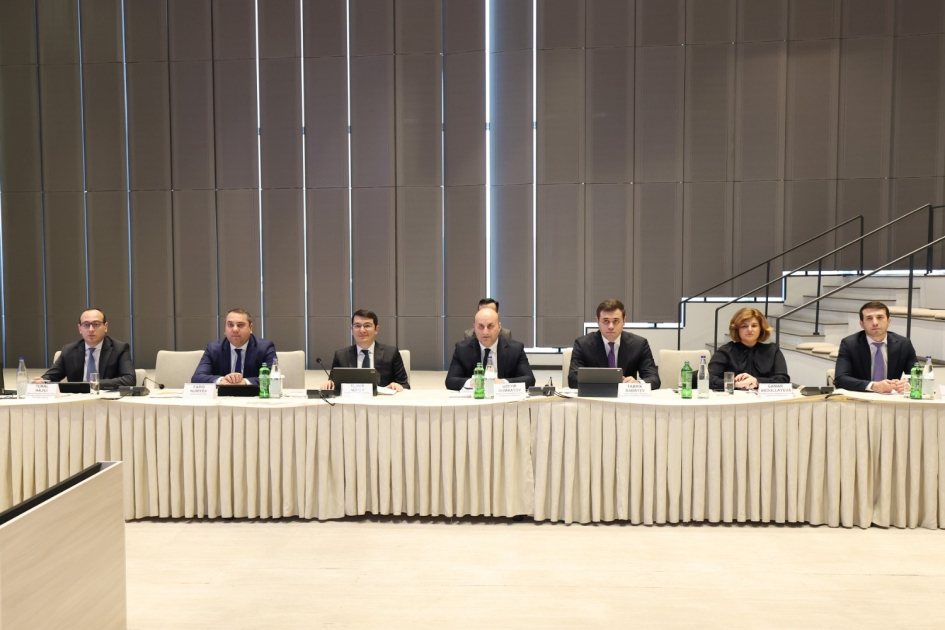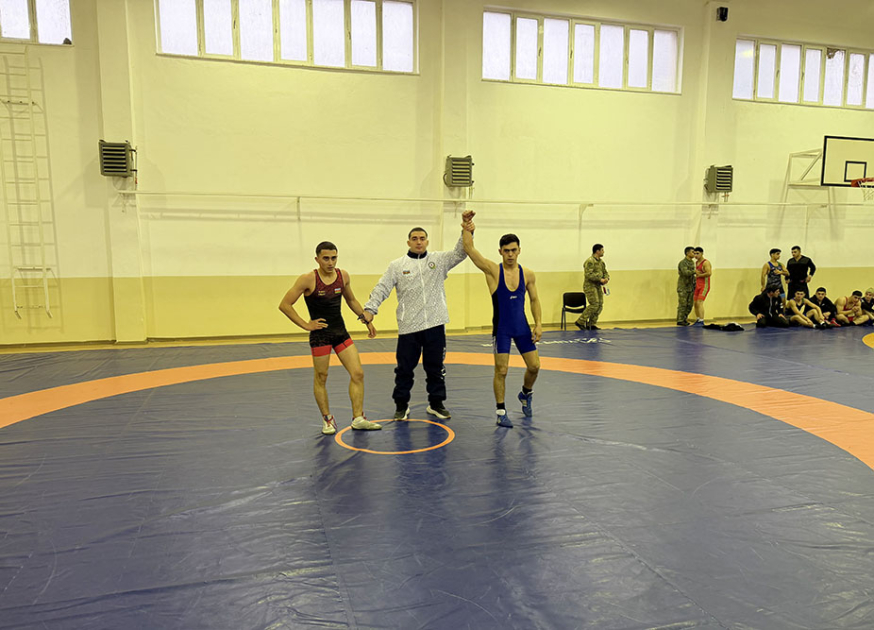By Javid Valiyev
The fact that Armenia has run out of all its cards in diplomatic discussions led to the recent progress in the Baku-Yerevan normalization process.
Armenia’s cards ran out
- Armenia’s main goal was to maintain the presence of its illegal armed formations in Azerbaijan’s Karabakh region by grossly violating the Trilateral Statement of 10 November 2020. However, the local anti-terrorist measures conducted by Azerbaijan on September 19 this year put an end to the presence of illegal Armenian armed formations in Karabakh.
- Earlier, Armenia “filed” 10 lawsuits against Azerbaijan with the International Court of Justice (ICJ), absurdly demanding the withdrawal of the Azerbaijani Army from Karabakh. However, ICJ rejected 7 out of 10 lawsuits by Armenia and reaffirmed Azerbaijan’s sovereignty and territorial integrity. Thus, the ICJ ruling left Armenia empty-handed in the end.
- Armenia’s biggest dream to achieve the imposition of sanctions on Azerbaijan under the influence of the Armenian lobby in the United States and the European Union also failed. Despite the cooling relations between Paris and Baku, French President Emmanuel Macron dismissed the possibility of introducing sanctions against Azerbaijan. Moreover, the biased remarks voiced by US Assistant Secretary of State for European and Eurasian Affairs James O'Brien during Congress discussions received a tough reaction from Baku. In the end, the United States found itself left out of the peace process while trying to act in favor of Armenia. Otherwise, there would be no possibility of signing a peace treaty. However, Azerbaijan remains an important partner for the United States. The increasingly important factor of Central Asia and Azerbaijan forced the United States to take a step back. Thus, Armenia lost the 3rd card and began to give positive signals to Azerbaijan’s proposals.
A while ago, Armenian Prime Minister Nikol Pashinyan said he had accepted three out of five points envisaged in Azerbaijan’s peace proposal. Although Armenia responded to Azerbaijan’s proposal after 70 days. Yerevan was waiting for the ICJ decisions and Washington’s reaction. After its all hopes shattered, Yerevan had to positively respond to Baku’s proposal.
A few days ago, the Speaker of the Armenian Parliament, Alen Simonyan, stated that it is high time to conclude a peace treaty with Azerbaijan. Moreover, the issuance of a joint statement by the Presidential Administration of Azerbaijan and the Office of the Armenian Prime Minister is a breakthrough. The agreement reached by Azerbaijan and Armenia on the mutual release of military servicemen, as well as the support provided by Armenia’s withdrawal of its candidacy in support of Azerbaijan’s bid to host the 29th Session of the Conference of Parties (COP29) to the UN Framework Convention on Climate Change, are described as progress.
Armenia already understands that it has no choice but to normalize its relations with Azerbaijan and Türkiye.
Creating a positive atmosphere before signing a peace treaty is most likely to speed up normalization and make discussions easier. Attempts by Azerbaijan and Armenia to resolve problems bilaterally are positive signals.
Javid Valiyev, Head of the Foreign Policy Department of the Baku-based Center for the International Relations Analysis (AIR Center), exclusively for News.Az


